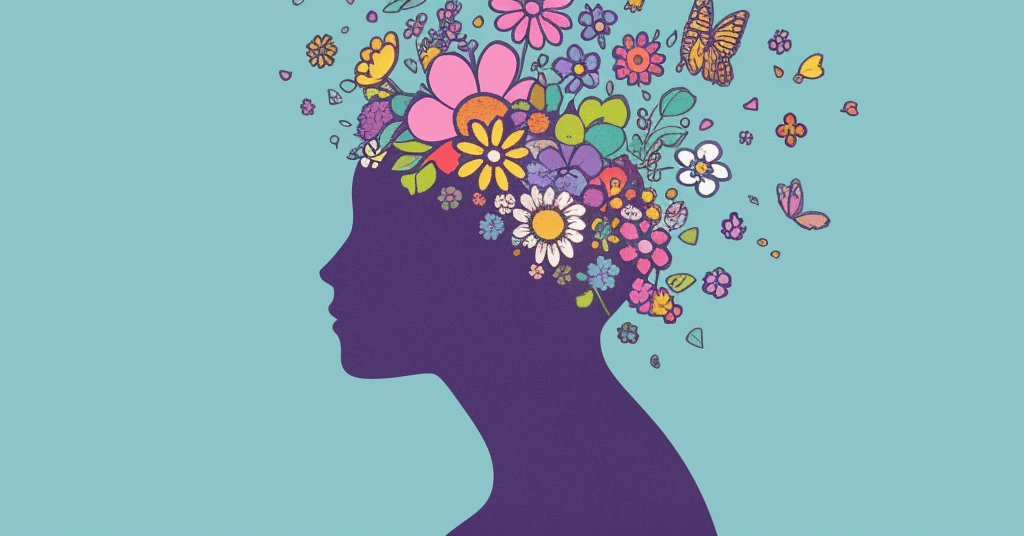Mental health has a great impact on your life as it affects the way you think and behave which affects your decision making, relationships as well as how you deal with stressors. Fortunately, making small lifestyle changes have a large impact on your quality of life, especially for those who struggle with mental health, and it minimizes the risk for other health conditions.
Here are some health lifestyle tips to improving your mental health:
- Engage in Movement (Regularly)
Recommendations: Walking, jogging, cycling, gardening, dancing, yoga, Zumba, Pilates
This helps to reduce anxiety and depression. Be sure to engage for 30 minutes at least three times a week.
- Enjoy Healthier Foods
Recommendations: Protein, vegetables, grains, beans, fruit, nuts, dairy
Less nutritious foods can undermine your mental health. Having healthier food chooses can reduce mood swings and increase energy levels. If you choose foods and drinks with high fat, sugar and salt try to minimize them to once or twice a week.
- Get Quality Sleep
Recommendations: Hours of sleep based on age: School Age (6-12 years old) 9-12 hours; Teen (13-18 years old) 8-10 hours; Adults (18 and older) 7-9 hours.
It is helpful to have a regular sleep cycle by going to bed and waking up around the same time every day. Healthy sleep habits can lead to mental health improvements. It is better to avoid naps, if naps are required, they should be limited to 30 minutes before 3pm. If you are having a hard time getting to bed, consider a sleep ritual such as no device in bed, reading a book, gentle stretching, cleaning your sleep space or meditating. Sleep is when our brain cleans itself out. The Glymphatic system in our brain helps to remove the waste from our brain. When we sleep, our brain gets rid of waste. Sleep is also critical when it comes to keeping your mood up. When we don’t get enough sleep, it’s easier to be irritable, to be negative, to not have a positive mood.
- Make time to Relax!
Recommendations: journaling, meditating, deep breathing, mindfulness
Relaxation has proven to assist with mental health by helping with managing emotions and helps us have more clarity when we are able to focus.
- Strengthen Your Support System
Recommendations: Family, friends, co-workers, support groups, community members, health care providers
Having a support system makes a big difference when it comes to mental health. Having a connection with others gives a sense of purpose and commitment. Having people to support you does not make you weak! Having a strong social support network makes you more capable of problem solving on your own and being resilient because a support system nurtures your autonomy, confidence, and self-esteem.
- Get a Hobby
Recommendations: coloring, reading, bowling, skating, basketball, baking, crocheting, blogging, dancing, photography, singing, running, sewing, editing, collecting objects, swimming, volunteering
Find something you enjoy doing that challenges you either mentally or physically, or both. Outdoor activities are even better as they will help you socialize more and meet new people. Learning a new skill or mastering an old one can also help you feel prouder and more accomplished.
Remember, these recommendations are not quick fix solutions. It is best to be patient with oneself and focus on positive rather than negative thinking as you continue your journey to making lifestyle shifts to promote healthy habits. I encourage you to start small and focus on one goal at a time. Please do not be afraid to ask for support from family, friends, and/or a professional. Undeniably, there are all sorts of stigma and preconceived notions about mental illnesses. However, it is important to recognize that anyone can be affected. Seek help from trained mental health professionals when you need it. And most importantly, be kind in acknowledging the mental health needs of those around you.
Timara Betts, MSW, LCSW
